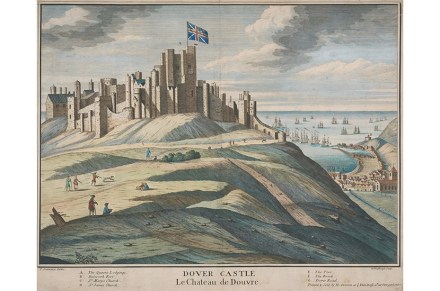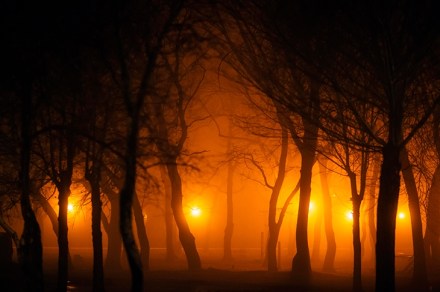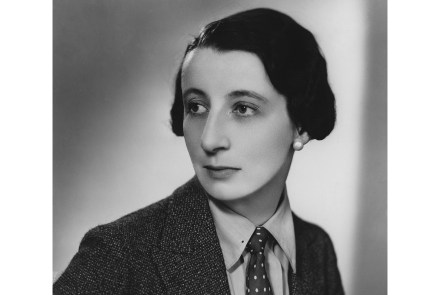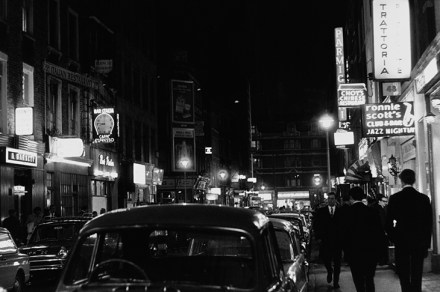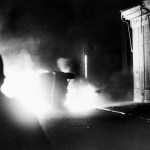An Oxford spy ring is finally uncovered
Oxford and Cambridge have many rivalries, but espionage has always been a one-sided contest between the two. Burgess, Maclean, Philby, Blunt and Cairncross were all Cambridge men. If this were put in Boat Race terms, Cambridge would have rowed halfway to Hammersmith Bridge before the dark blues had their blades in the water. Charles Beaumont’s excellent A Spy Alone (Canelo, £9.99) tries to redress the imbalance with its depiction of a richly imagined Oxford-based spy ring. His protagonist, Simon Sharman, is a former agent turned private security consultant. An Oxford man, he is approached when a Russian oligarch decides to donate some of his millions to the university. Sharman is











